Ideas for Change
Families’ ideas for redesigning the system
We have to make it better, it can't be like this forever.
Who better to propose ideas to make the public service system better than the families who depend on it for their well-being and who must interact with the myriad of agencies and organizations each day? Families’ ideas for redesigning the system for the better aligned with the most common negative experiences they expressed: lower or more flexible income thresholds, improved customer service, and improved service delivery through better use of technology and better coordination between services.
As we looked across the experiences shared, the most positive experiences and most successful connection to services came about when that family had others—or even just one person—to support them. Whether it was a supportive family member nearby who could help, a case worker who took extra time, or a program manager who went above and beyond, it is clear that simply having access to services is often not enough. Personal support is needed, whether it’s filling in the gaps not covered by services, helping to navigate the disconnected landscape, or simply alleviating some of the isolation and frustration felt by families.
Ideas shared by families are below.
Make services interconnected
“They all intertwine, you need all of them, that is why there should really be one place for you to go.”
“Accessibility to other programs for special circumstances.”
“Link them together so one worker knows what the other is doing, it all goes back to communication.”
“One shop with the whole menu. One website with all of the information that could fan out to the other resources.”
“San Francisco County and San Mateo County are completely different, so if a system could cross counties, that would be good.”
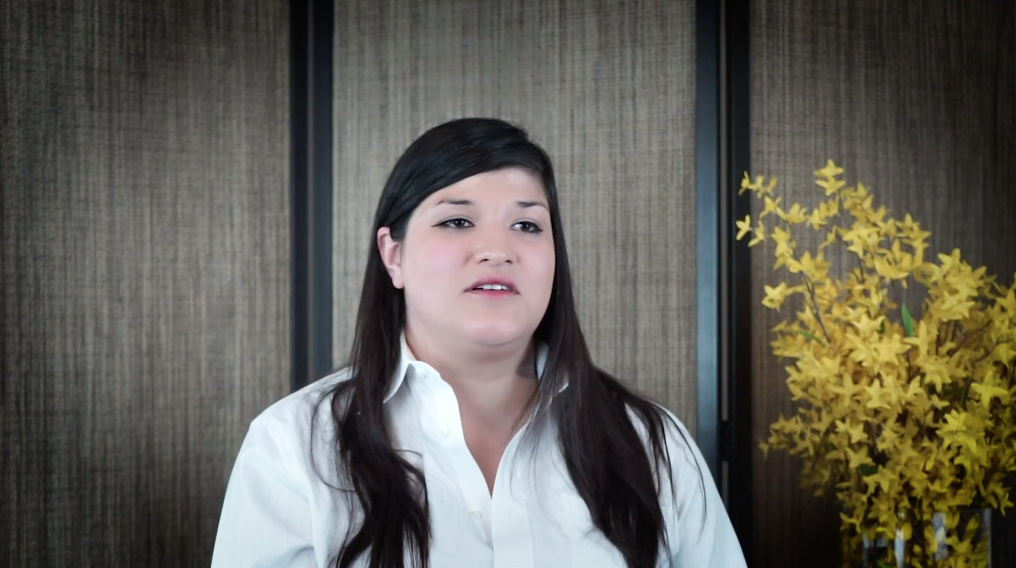
Mary’s story
End the eligibility cliff
“I think it’s, you get docked if they know you have other support or are a family system and are trying to work together to make it happen. I know people personally, who get less help because there is a father in the household. I think if they were to change it and make it more geared to keeping a family together you would see less single mothers.”
“It’s not fair [to look at the federal level], that’s why we need to have our own [income threshold].”
“Case by case basis, people like families of 6 may be at that borderline and maybe give them other options. Like maybe they don’t qualify for MediCal but they qualify for another MediCal where they pay a lower premium.”
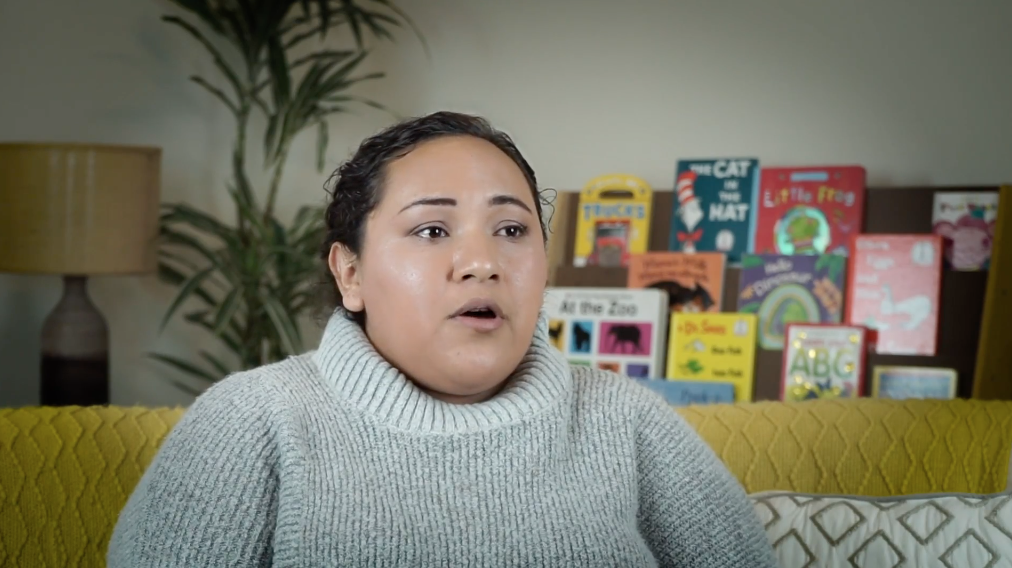
Martha’s story
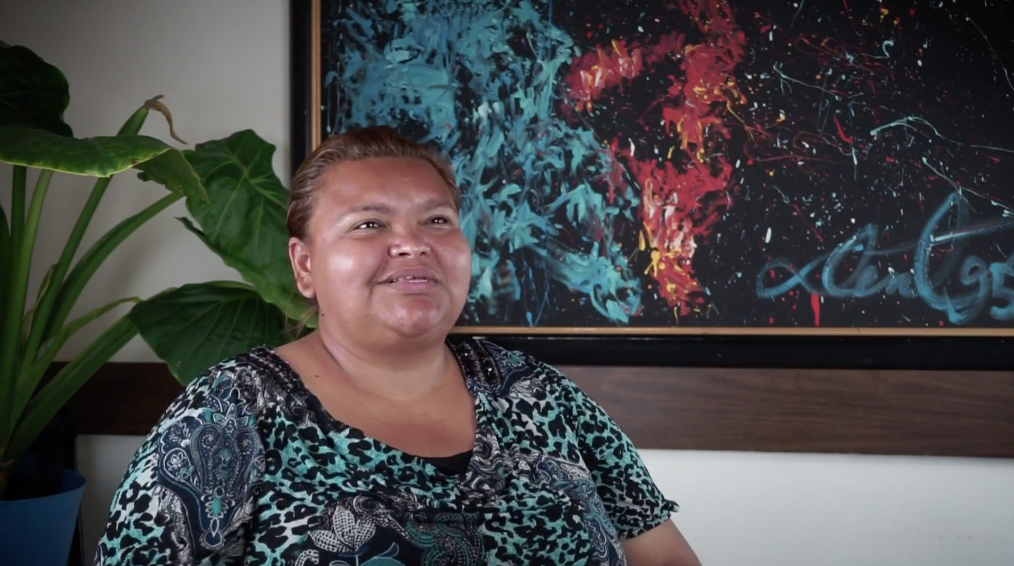
Graciela’s story
Improve customer service
“You have to pay people more so they care.”
“Friendlier workers who have sympathy.”
“Everybody should be equal.”
“People should never return documents and not get a receipt.”
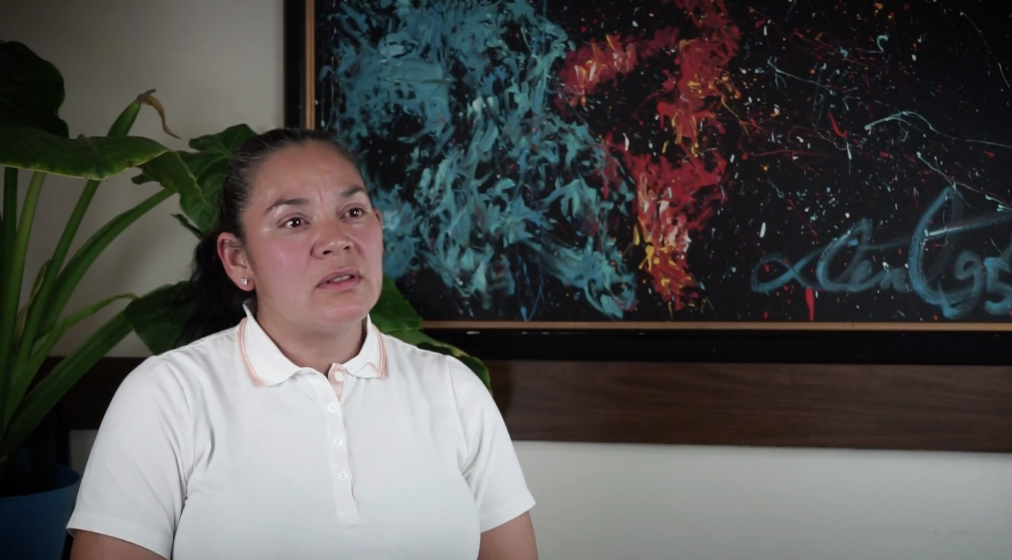
Lupita’s story
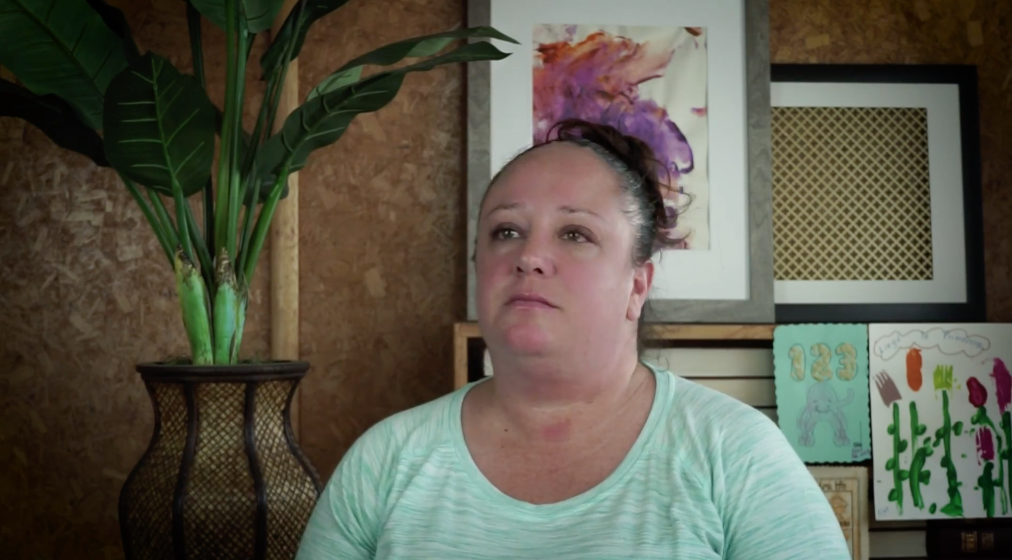
Danielle’s story
Utilize technology
“It’s easier to go to the office, because you have to scan documents and you can’t do it at home, don’t have the proper technology.”
“Instead of using vouchers, have a card like EBT so it is faster to process and you don’t have to have the long lines. Like a debit card that has a cash value.”
“Do a debit card because people don’t have time every month [to go in for the monthly meetings to pick up the checks].”
“Case by case basis, people like families of 6 may be at that borderline and maybe give them other options. Like maybe they don’t qualify for MediCal but they qualify for another MediCal where they pay a lower premium.”
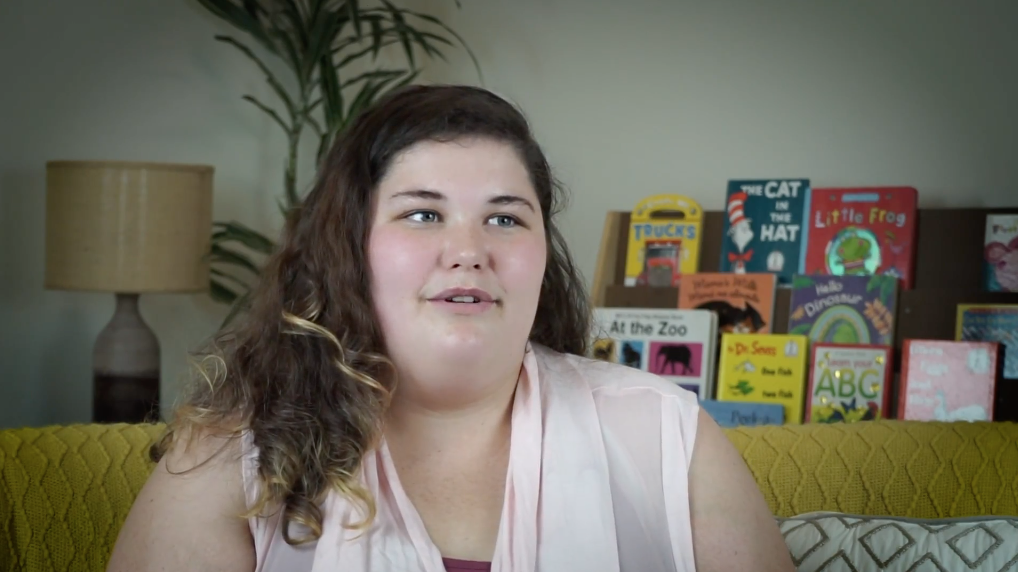
Cassie’s story
Go beyond basic services
Some families spoke about the need to provide more than just safety net services, but actually help families advance so that they no longer need services.
“Sit down and assess each person, see what it is they need. They assume everybody needs the same thing but that is not the case.”
“Sit down and assess each person, see what it is they need. They assume everybody needs the same thing but that is not the case.”
“Group support, where everybody can ask questions and anyone can answer questions. I know how hard it is for us with kids to get together, but if at least once a month or every quarter something for us families who are involved, so we can talk about this and vent. And get more information. I feel like I’m lost.”
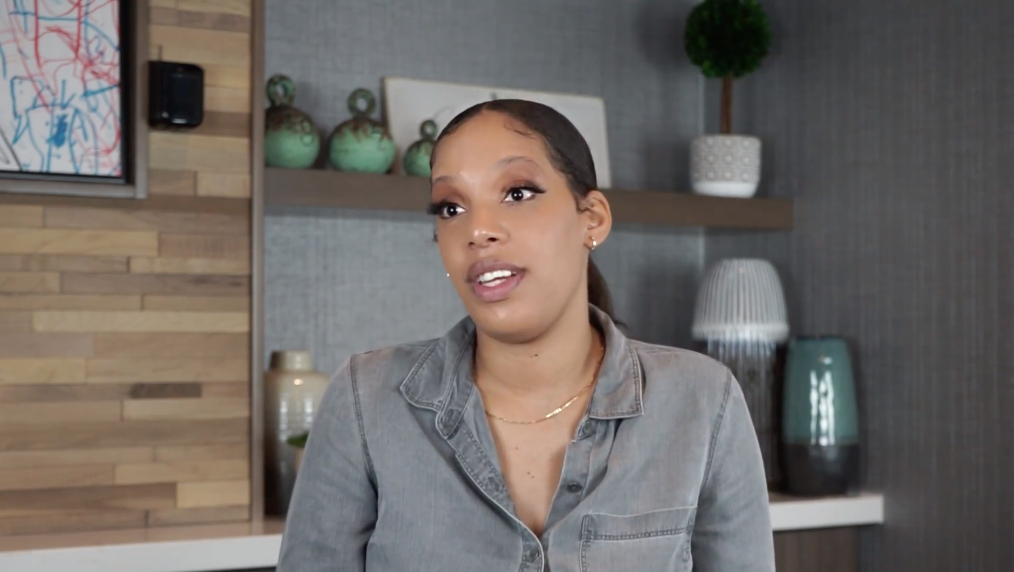
Jasmine’s story